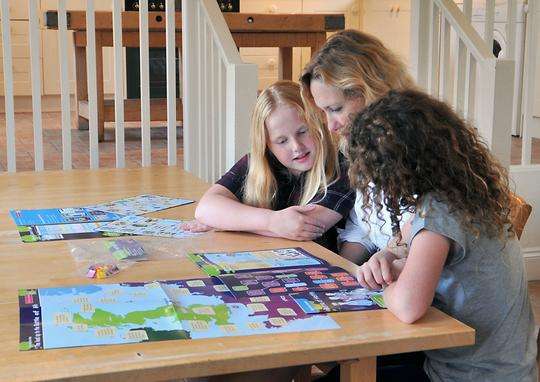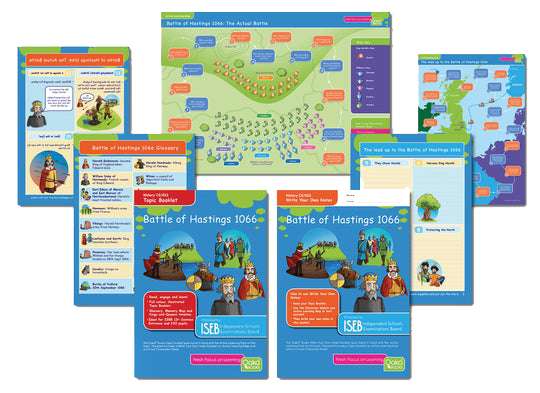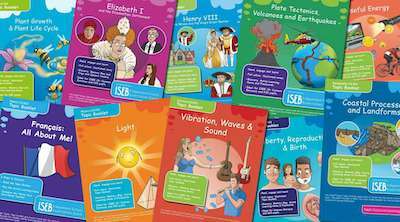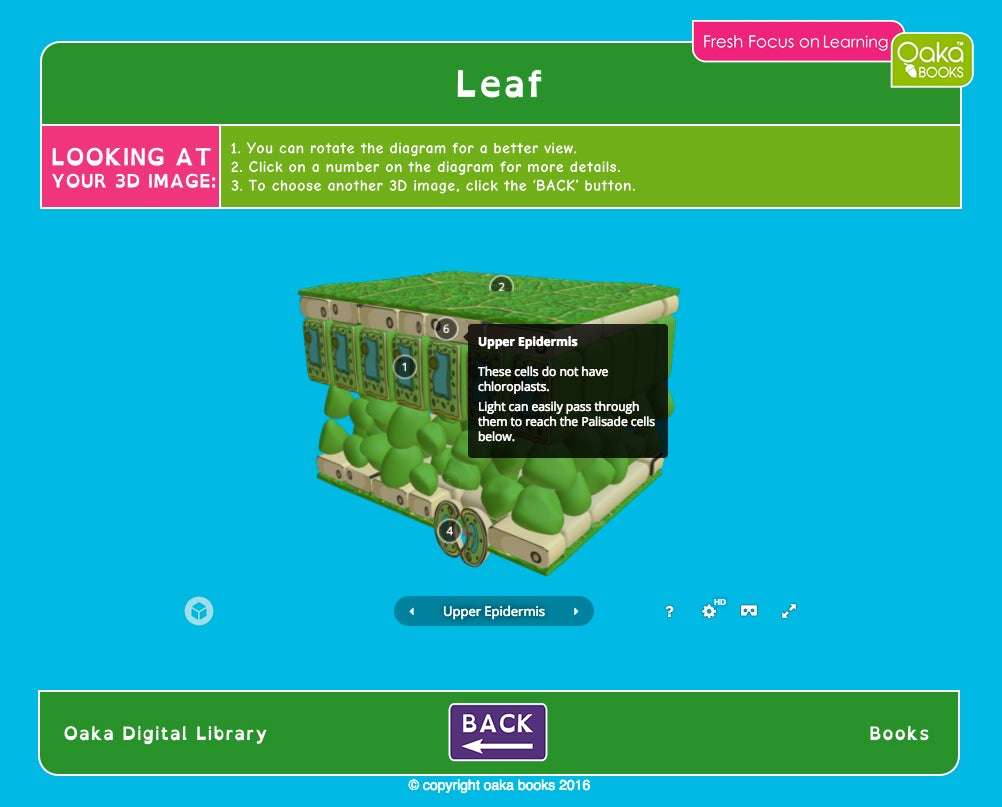As a parent of a special education needs (SEN) child, it can be difficult to build a relationship with your child’s teacher. You may feel like you are not being heard or that your child’s needs are not being met. However, with a few simple steps, you can establish a strong, positive partnership between you and your child’s teacher that will help your child get the best from their education. By understanding your child’s needs and communicating effectively with their teacher, you can ensure your child is receiving the best support possible.
Understand the Teacher’s Perspective
In order to build a strong partnership with your child’s teacher, it’s important to understand their perspective. Teachers often have multiple students with different needs and limited resources, which can make it challenging to give each child the individual attention they deserve. They are also juggling administrative tasks, lesson planning, and parent communication. By recognizing the demands and pressures that teachers face, you can approach them with empathy and understanding.
Remember that teachers want the best for your child just as much as you do. They are passionate about education and are committed to helping students succeed. Building a positive relationship with your child’s teacher begins with acknowledging their expertise and trusting their judgement. This doesn’t mean that you shouldn’t advocate for your child or voice your concerns, but rather, approach these conversations with a collaborative mindset.
When you understand the teacher’s perspective, it becomes easier to communicate effectively and work together towards the common goal of providing the best education for your child. It’s important to establish a partnership based on mutual respect and open dialogue, which will ultimately benefit your child’s learning experience.
Communication is Key
Effective communication is crucial in building a strong partnership with your child’s teacher. Regular and open communication allows you to stay informed about your child’s progress and address any concerns or questions you may have. It also provides an opportunity for the teacher to understand your child’s unique needs and preferences.
Start by establishing a communication plan with the teacher. Determine the best method of communication, whether it be through email, phone calls, or face-to-face meetings. Consistency is key, so make sure to schedule regular check-ins to discuss your child’s progress and any updates.
When communicating with the teacher, be clear and concise about your concerns or questions. Use specific examples to help the teacher understand the issue at hand. Additionally, actively listen to the teacher’s perspective and ask for clarification if needed. Remember, effective communication is a two-way street.
Another important aspect of communication is providing feedback. Take the time to acknowledge and appreciate the teacher’s efforts, and share any successes or improvements you have noticed in your child’s learning journey. By fostering open and positive communication, you can create a collaborative and supportive relationship with your child’s teacher.
Establishing Clear Expectations
When it comes to your child’s education, it’s essential to establish clear expectations with their teacher. This will help ensure that both you and the teacher are on the same page regarding your child’s needs and goals.
Start by having a conversation with the teacher to discuss your expectations for your child’s learning experience. Be specific about what you hope to see in terms of progress, communication, and any accommodations or strategies that you believe will benefit your child.
It’s also important to listen to the teacher’s perspective and expertise. They may have insights or suggestions that you hadn’t considered, so be open to their input. Together, you can work towards creating a shared understanding of what success looks like for your child.
By establishing clear expectations, you can create a roadmap for your child’s educational journey. This will not only benefit your child but also foster a stronger partnership with their teacher, allowing for effective collaboration and support throughout the school year.
Sharing Information about Your Child
When it comes to your child’s education, sharing information about your child is crucial in building a strong partnership with their teacher. As a parent of an SEN child, you are your child’s biggest advocate and the one who knows them best. By sharing important details about your child’s strengths, weaknesses, interests, and learning style, you can help the teacher tailor their approach to meet your child’s unique needs.
Start by writing a detailed letter or email to the teacher, providing them with insights into your child’s personality, preferences, and any challenges they may face. Be open and honest about your child’s needs, but also highlight their strengths and interests. The more the teacher knows about your child, the better they can create a supportive and engaging learning environment.
In addition to written communication, consider scheduling a face-to-face meeting with the teacher. This gives you the opportunity to have a more in-depth conversation and establish a personal connection. During the meeting, share anecdotes or examples that showcase your child’s abilities and challenges. This will help the teacher gain a deeper understanding of your child and allow for a more tailored approach in the classroom.
Remember, the teacher wants to support your child’s success just as much as you do. By sharing information about your child, you are giving the teacher valuable insights that will help them provide the best possible education for your child.
Understanding and Utilizing Individualized Education Plans (IEPs)
Individualized Education Plans (IEPs) play a crucial role in ensuring that your child’s special education needs are met. These personalized plans outline the specific goals, accommodations, and strategies that will help your child succeed academically and socially. Understanding and utilizing IEPs is key to building a strong partnership with your child’s teacher and ensuring that their education is tailored to their needs. Whilst we know that gaining an IEP can feel like an uphill battle, it is certainly one worth taking on.
Start by familiarizing yourself with the IEP process. Attend meetings with the school’s special education team and actively participate in the development and review of your child’s plan. Ask questions, provide input, and make sure that the goals and accommodations align with your child’s individual needs.
Once the IEP is in place, it’s important to regularly review and monitor your child’s progress. Stay in touch with the teacher to discuss any updates or concerns, and collaborate on any necessary adjustments to the plan. Regular communication and collaboration will help ensure that the IEP remains effective and continues to meet your child’s evolving needs.
Remember, the IEP is a tool designed to support your child’s success. By understanding and utilizing this important resource, you can actively contribute to your child’s education and help them reach their full potential.
Collaborating on Strategies and Accommodations
Collaborating with your child’s teacher on strategies and accommodations is a crucial aspect of building a strong partnership. By working together, you can ensure that your child’s unique needs are met and that they receive the support necessary to thrive in the classroom.
Start by having an open and honest conversation with the teacher about your child’s strengths and weaknesses. Share any insights or observations you have regarding their learning style and preferences. This will help the teacher understand your child better and tailor their instructional strategies accordingly.
Be proactive in discussing specific accommodations that you believe will benefit your child. Whether it’s preferential seating, extra time for assignments, or assistive technology, advocating for these supports can make a significant difference in your child’s educational experience.
Collaboration also involves actively participating in meetings or discussions about your child’s progress and needs. Be prepared to share any feedback or concerns you have, and be open to the teacher’s suggestions or recommendations.
Remember, collaborating on strategies and accommodations is a team effort. By working together, you can create a learning environment that is inclusive, supportive, and tailored to your child’s needs.
Celebrating Successes and Addressing Concerns
Building a strong partnership with your child’s teacher is not only about addressing concerns and challenges but also celebrating successes along the way. It’s important to acknowledge and appreciate the progress your child is making, no matter how small it may seem. Celebrating successes not only boosts your child’s confidence but also reinforces the positive relationship between you, your child, and their teacher.
When celebrating successes, take the time to share your child’s achievements with their teacher. This can be done through email, a quick note, or even a face-to-face meeting. Express your gratitude for the teacher’s efforts in supporting your child’s progress and highlight the positive impact they have had on your child’s learning journey. This positive feedback can go a long way in fostering a supportive and collaborative relationship with the teacher.
In addition to celebrating successes, it’s also important to address any concerns or challenges that may arise. If you notice a decline in your child’s progress or if you have any specific concerns, schedule a meeting with the teacher to discuss these issues. Approach the conversation with an open mind and be willing to listen to the teacher’s perspective. Together, you can brainstorm potential solutions and come up with a plan to address the concerns.
Remember, celebrating successes and addressing concerns go hand in hand in building a strong partnership with your child’s teacher. By actively engaging in both aspects, you can create a supportive and positive learning environment for your child.
Advocating for Your Child
Advocating for your child is a vital part of building a strong partnership with your child’s teacher. As a parent of an SEN child, you have valuable insights into your child’s needs, strengths, and challenges. By advocating for your child, you ensure that their individual needs are met and that they receive the support they require to thrive in the classroom.
Start by being proactive and involved in your child’s education. Attend meetings, communicate regularly with the teacher, and actively participate in the development and review of your child’s Individualized Education Plan (IEP). Your input and feedback are essential in creating a plan that is tailored to your child’s unique needs.
Additionally, be prepared to voice any concerns or questions you may have. Trust your instincts as a parent and don’t be afraid to speak up if something doesn’t seem right or if you believe your child needs additional support. Remember, you are your child’s biggest advocate, and your input can make a significant difference in their educational journey.
Advocating for your child also involves seeking out additional support and resources. Research and connect with local organizations, support groups, or educational consultants who specialize in supporting SEN children. These resources can provide valuable guidance and assistance in advocating for your child’s needs.
Overall, advocating for your child is about being their voice and ensuring that they have access to the resources and support they need to succeed. By actively advocating for your child, you play a crucial role in their education and help them reach their full potential.
Seeking Additional Support and Resources
As a parent of an SEN child, seeking additional support and resources is an essential part of ensuring your child’s educational success. While your child’s teacher plays a crucial role in their education, there are often additional resources and support available that can further enhance their learning experience.
One valuable resource to consider is local organizations or support groups that specialize in supporting SEN children. These organizations can provide guidance, advice, and a sense of community for both you and your child. They may offer workshops, parent support groups, or even specialized tutoring services tailored to your child’s needs.
Additionally, educational consultants who specialize in working with SEN children can provide expert guidance and support. They can help you navigate the educational system, advocate for your child’s needs, and provide recommendations for additional resources or services that may benefit your child.
Another option to consider is online resources and technology. Whilst there are few websites, apps, and online platforms that offer educational resources specifically designed for SEN children, there are some good ones out there (Oaka Books being one of them, of course!). These resources may include interactive learning games, audiovisual materials, or specialized learning programs that cater to different learning styles.
Lastly, don’t be afraid to reach out to your child’s school or local educational authorities for additional support. They may be able to provide you with information on local resources, support services, or funding opportunities that can help enhance your child’s educational experience.
Remember, seeking additional support and resources is about empowering yourself as a parent and ensuring your child receives the best possible education. By exploring these options, you can create a comprehensive support system for your child and help them thrive academically and socially. As we have said before, and will again, you are your child’s lion or lioness and you need to be prepared to fight for them.





